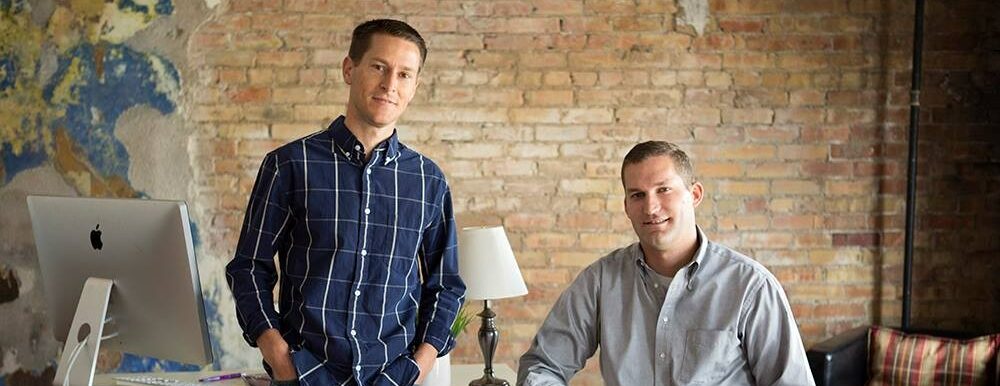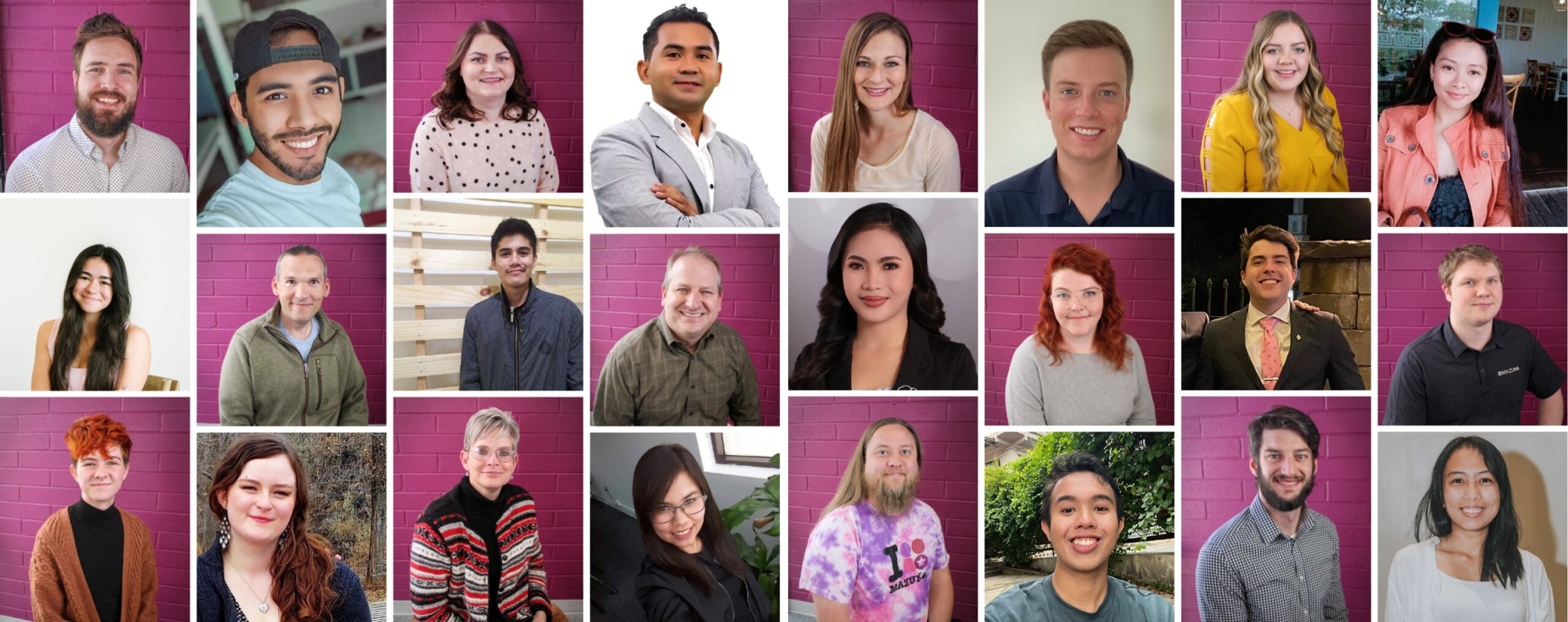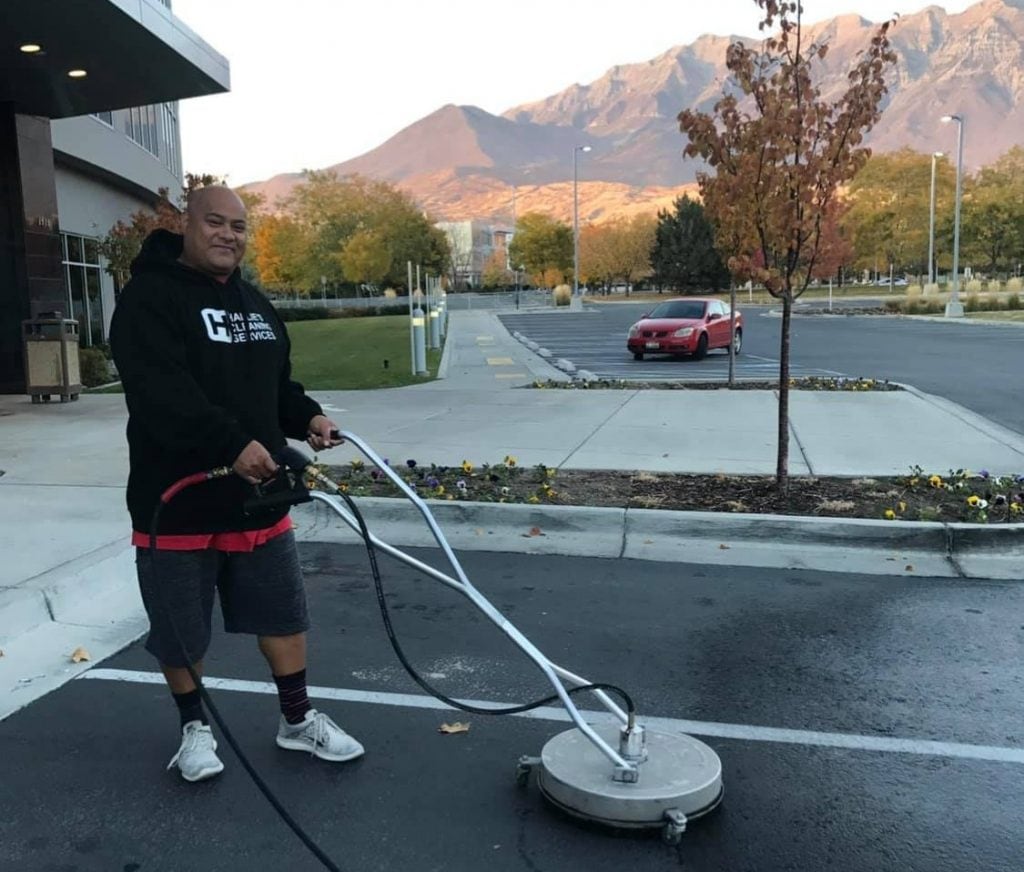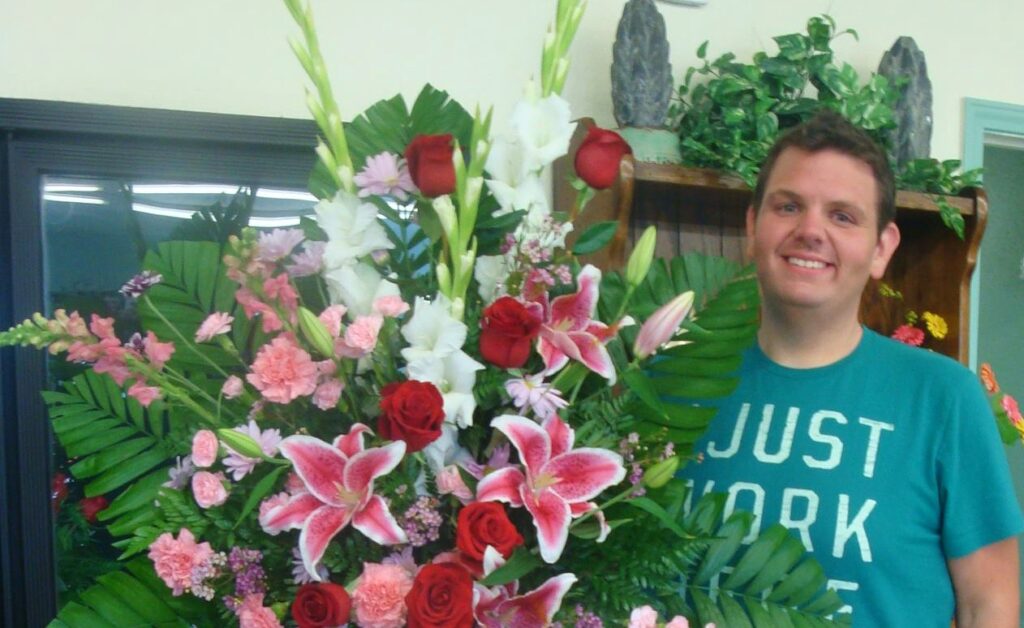The accounting team dedicated to your financial success.

Our Story
As a certified public accountant, Ben Sutton noticed a problem in the accounting industry. He saw first-hand how accounting firms would pass over small businesses to focus on larger clients with deeper pockets.
The only affordable options for these businesses included do-it-yourself software that could not provide the personalized guidance, insights, or expertise business owners need to navigate their taxes and finances.
Ben knew there had to be a better way. In 2010, Ben partnered with his long-time friend Greg Nielson to create a bold, unprecedented accounting solution.
In 2011, Greg and Ben launched Mazuma, which later became rebranded as Vyde. The comprehensive service, unique platform, and affordable pricing catapulted the company to becoming the number one accounting option for small businesses in the United States. Within it’s first decade, Vyde helped over 25,000 small business owners save time, money, and stress on their accounting and taxes so they could focus on growing their businesses.
At Vyde, our small-business roots are at the center of our service. We understand the struggles our customers experience and seek to provide them with the financial tools they need to turn their own stories into success stories. The goal of Vyde is to inspire and support small businesses across the United States as they strive to live the American dream.


Our Vision
Innovating accounting services so that small business owners can thrive.

Our Mission

Our Promise
Service is the heart of our work. We seek to understand our clients’ needs, offer personalized support, and provide affordable accounting solutions that simplify their lives and facilitate their business journey.

Our Values
We are innovators, accountants, and small business advocates who are committed to living our company values.




